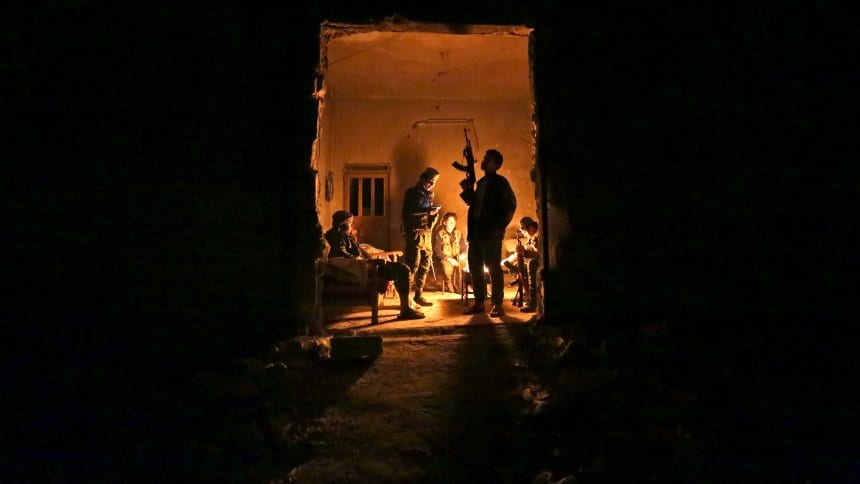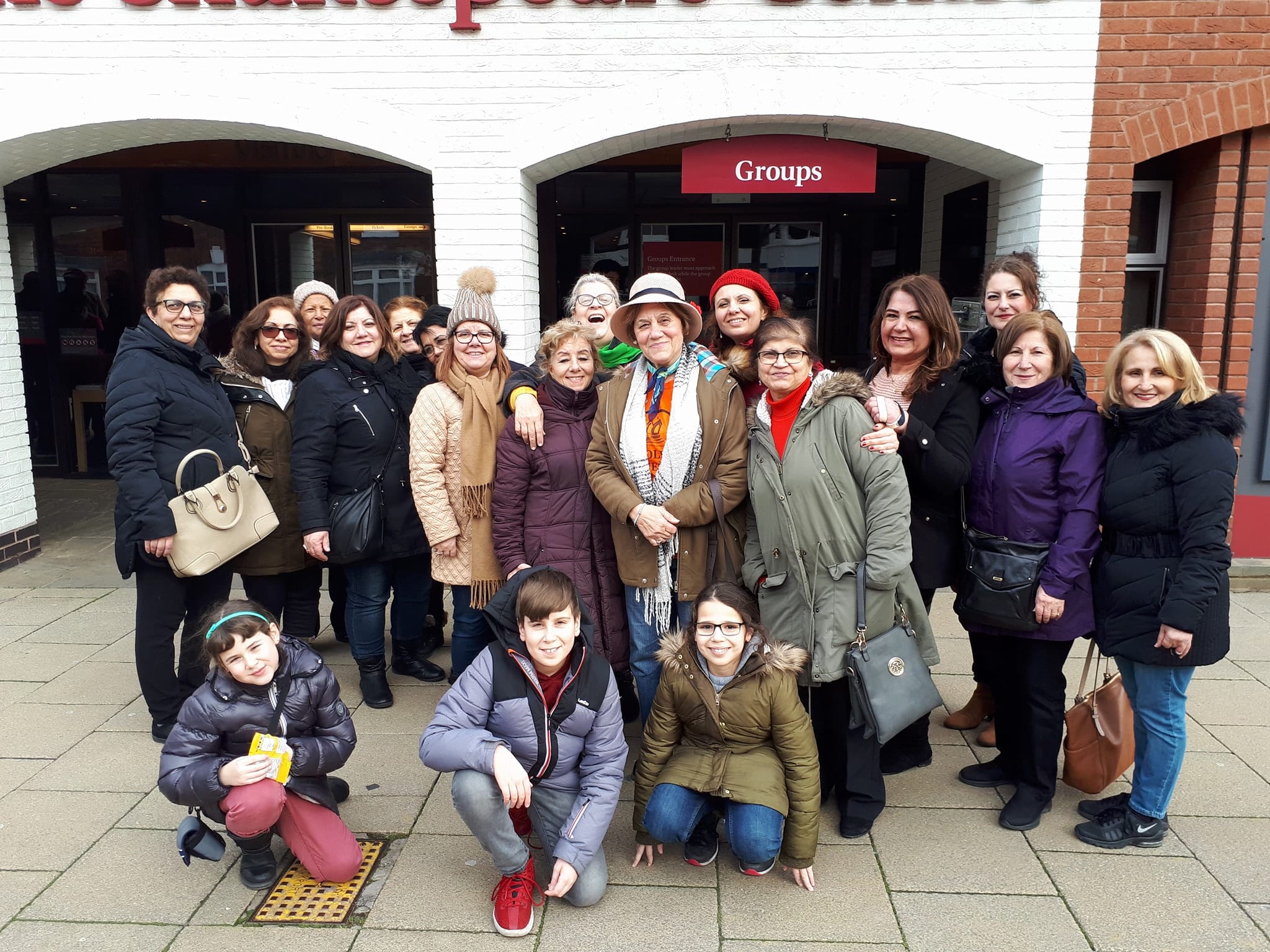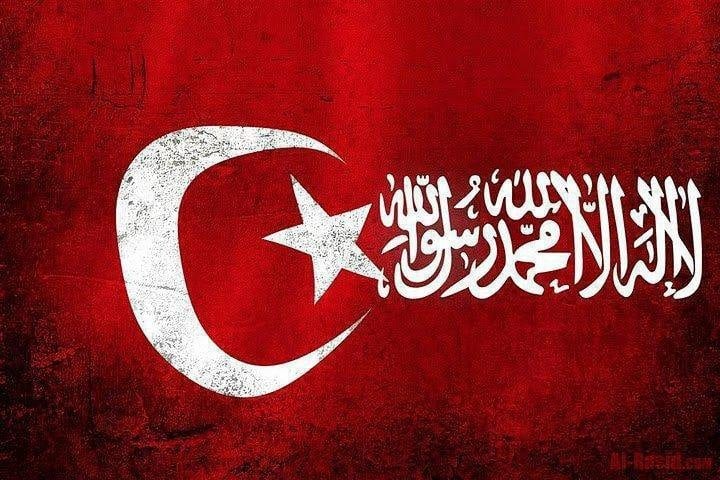 Ayhan Ozer [ayhan313@verizon.net]
Ayhan Ozer [ayhan313@verizon.net]
The Islamic Jihad is an alarming word. In the west, either by ignorance or by design, it is loosely translated as “Holy War”. Yet, the Muslims claim that in Islamic teaching no war is holy; peace and harmony are divine injunctions in Islam. An attempt to present Islam as a warmongering faith is a stereotypical sensationalism handed down from by-gone era when Islam was painted as an arch-enemy of Christianity. If the Muslims are attacked with a faith- based intention then as a last resort Islam sanctions Jihad. Yet, Muslims are encouraged first to search for peaceful solutions to resolve their disputes and conflicts. Understanding, compromise and empathy should be given a chance to resolve hostility and confrontation as they are more constructive, and they lead to harmonious relations.
Jihad is a multi-level concept, and has a larger connotation than its casual meaning would suggest. It is to strive in the way of God, and to struggle against evil inclinations within ourselves. It may come as a surprise to many but In that sense Jihad is not strictly religion-specific; rather, it is a way of dealing with adverse human conditions, which makes it universal. During a lifetime most individuals, even societies may have had their own moments of Jihad. For instance, the tremendous willpower put forth by a drug addict to free himself from the tentacles of addiction can be construed as a Jihad. Similarly, the ordeal of an alcoholic who seeks liberation from his predicament and his trials on this way can also be characterized as Jihad. All private struggles, such as gambling, over-eating that demand unrelenting will-power and nervous energy to overcome the evil within ourselves can be termed as Jihad.
There is an anecdote attributed to Prophet Muhammad which illustrates the quiet inner struggle that each of us is required to exert from time to time. According to Traditions, the Prophet had just returned from a battle, victorious. He had proclaimed Jihad as the battle had been waged against the realm of disbelief to defend the faith and the faithful. One of his men said to Him, “Oh Muhammad, you have achieved your Jihad, you must rejoice it!” Prophet responded, “It was a lesser Jihad, now we have greater Jihad that lies ahead of us, and we must overcome it.” The man was puzzled, he asked, “Oh, Muhammad is there a goal more important than to be victorious in a battle?” Prophet replied, “Yes, there is! Now, it is time to conquer the evil force within ourselves, and restrain our ego lest we should slide into vainglory, and dilute our victory.”
Almost every society has its own flaws. Some are intolerant of the religious or ethnic differences. Others are racist, and some societies oppress women, or deny basic civil liberties to their own people. Racism, for one, is a human defect inherently built in our sub-conscious. It plagues societies indiscriminately. America is a good example in that regard. At one time in its history America suffered from racism and ant –Semitism. As all the evils these two require constant vigilance lest they should raise their heads. Racism especially needs unyielding weariness; it may not be defeated yet it can be controlled through reinforcement and education. What is remarkable about America is its conscious and unrelenting persistence to purge itself of these moral shortcomings. And this can be termed as Jihad! The Civil Rights movement of the 1960s held a mirror to the psyche of the American society, and the country has become continuously vigilant against bigotry and prejudice, and eliminated them from the public sphere. What makes America great is the arduous journey it has undertaken tirelessly in the way of self edification, and its readiness to fight evil forces. In the Islamic lexicon it is called “Supreme Jihad.”
The above are inspiring examples that describe the concept of Jihad from a larger perspective. The common thread in all those examples is the conscious effort to transcend the self in pursuit of moral rectitude.
****
Ayhan Özer











